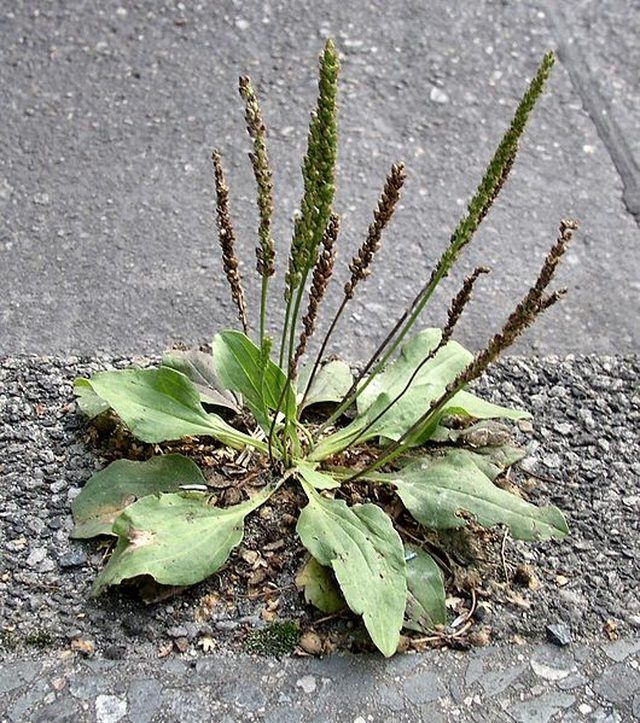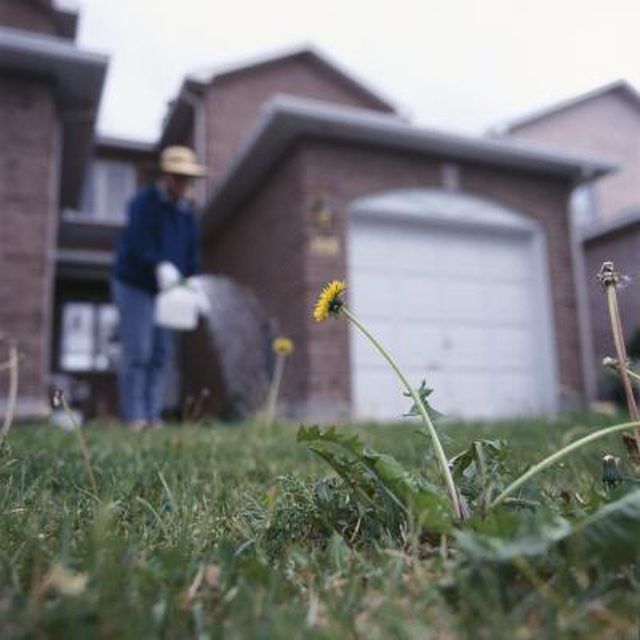Bulbs
Flower Basics
Flower Beds & Specialty Gardens
Flower Garden
Garden Furniture
Garden Gnomes
Garden Seeds
Garden Sheds
Garden Statues
Garden Tools & Supplies
Gardening Basics
Green & Organic
Groundcovers & Vines
Growing Annuals
Growing Basil
Growing Beans
Growing Berries
Growing Blueberries
Growing Cactus
Growing Corn
Growing Cotton
Growing Edibles
Growing Flowers
Growing Garlic
Growing Grapes
Growing Grass
Growing Herbs
Growing Jasmine
Growing Mint
Growing Mushrooms
Orchids
Growing Peanuts
Growing Perennials
Growing Plants
Growing Rosemary
Growing Roses
Growing Strawberries
Growing Sunflowers
Growing Thyme
Growing Tomatoes
Growing Tulips
Growing Vegetables
Herb Basics
Herb Garden
Indoor Growing
Landscaping Basics
Landscaping Patios
Landscaping Plants
Landscaping Shrubs
Landscaping Trees
Landscaping Walks & Pathways
Lawn Basics
Lawn Maintenance
Lawn Mowers
Lawn Ornaments
Lawn Planting
Lawn Tools
Outdoor Growing
Overall Landscape Planning
Pests, Weeds & Problems
Plant Basics
Rock Garden
Rose Garden
Shrubs
Soil
Specialty Gardens
Trees
Vegetable Garden
Yard Maintenance
How Long Does Roundup Stay in Soil?
How Long Does Roundup Stay in Soil?. The ingredients in Roundup are water soluble and include glyphosate, water and a wetting agent. Glyphosate sprayed on the leaves of the weed allows the plant to absorb the chemical. Once taken in via the leaves, the glyphosate moves into the sap, which acts as the blood of the plant, transporting the chemical...

Overview

How Roundup Kills Weeds
The ingredients in Roundup are water soluble and include glyphosate, water and a wetting agent. Glyphosate sprayed on the leaves of the weed allows the plant to absorb the chemical. Once taken in via the leaves, the glyphosate moves into the sap, which acts as the blood of the plant, transporting the chemical throughout the weed. Protein production, vital for the weed's growth, stops by the action of the glyphosate. Only when a plant comes into direct contact with the active ingredient in Roundup does damage and death to the weed occur. Non-sprayed plants, humans and animals remain safe.
Roundup in the Soil
Roundup acts only on the leaves and woody parts of plants, and the instructions do not require it to be poured into the soil. Should the herbicide come into contact with the soil, over time it breaks down into harmless carbon dioxide and nitrogen. The exact time depends upon the amount and strength of the Roundup in the soil. According to Cornell University, it can take anywhere from one to 174 days for half the product to break down in the soil. Roundup sticks to the area of soil it came into contact with and according to estimates by Cornell University, less than two percent of the product is lost due to runoff. In most cases of Roundup being poured into the soil, the glyphosate begins to break down immediately, with highly organic soils absorbing the most of the product.
Roundup Residual Effects
After several days, the effects of Roundup in soil become harmless to vegetation. Plants inadvertently sprayed with Roundup can be immediately washed thoroughly with water to prevent the glyphosate from being absorbed by the leaves. Since Roundup can be washed away with water, avoid spraying on weeds within two hours of rain. After two hours, the active ingredient will have been absorbed enough by the leaves and the wet residue dried to a rain-proof covering on the weed. Though children and pets should be kept out of an area freshly sprayed with glyphosate, studies at Cornell University show that the product is poorly absorbed in the digestive tract of mammals and does not have a significant potential to accumulate in animal tissues. When dealing with any herbicidal product, users should wear protective gloves and eyewear to protect the skin and eyes from product splashing.